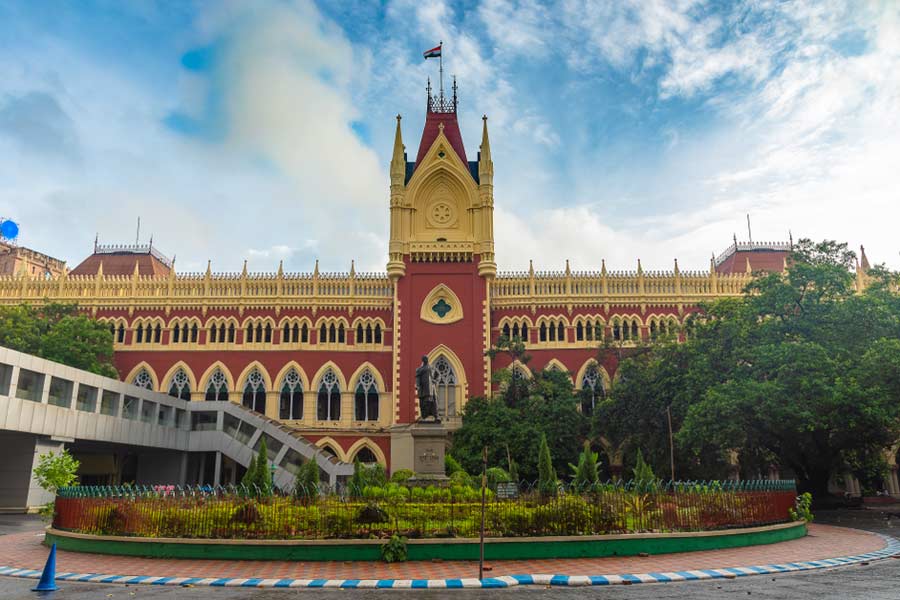The Supreme Court has agreed to examine a petition by the Bengal government challenging governor C.V. Ananda Bose’s alleged refusal to grant assent to at least eight Bills related to education that were passed by the Assembly.
“We will look into it…” Chief Justice D.Y. Chandrachud told the state’s standing counsel, Astha Sharma, on Friday.
During the morning mention time, the lawyer urged the bench, which included Justice J.B. Pardiwala and Justice Manoj Misra, to list the plea for urgent hearing.
In its appeal, the state referred to Article 200 of the Constitution which stipulates that the governor has only three options while deciding on the fate of a Bill — the governor may give assent to the Bill, withhold assent or refer it to the President.
In Bengal, the state hascontended, as many as eight Bills have been awaitingthe governor’s assentsince 2022.
The state has cited the apex court’s earlier judgments in cases involving Tamil Nadu, Telangana and Punjabthat said the governor cannot indefinitely withhold a Billas he/she must complywith Article 200 of theConstitution.
On April 22, the Supreme Court had, based on another petition, issued a notice tothe Centre and the principal secretary to the Bengal governor on an appeal relating to the refusal of assentby the governor to TheWest Bengal Universities (Amendment) Bill, 2022,that seeks to vest thechief minister with the power to appoint vice-chancellorsof state government-rununiversities.
The bench of ChiefJustice Chandrachud andJustice J.B. Pardiwala had sought a response fromthe respondents withinfour weeks on an appeal filedby PIL petitioner SayanMukherjee.
The petitioner challenged Calcutta High Court’s decision, announced on October 16, 2023, to examine the maintainability of the PIL before deciding on the merits ofthe issue.
A division bench of the high court had in September 2023 issued a notice to the governor’s principal secretary and the Centre on Mukherjee’s petition.
However, the high court subsequently modified the order and decided to first examine the maintainability of the PIL.
Aggrieved, the petitioner filed the appealchallenging the high court order.
The petitioner’s argument was that the governor could not indefinitely withhold his assent to a Bill passed inJune 2022.











